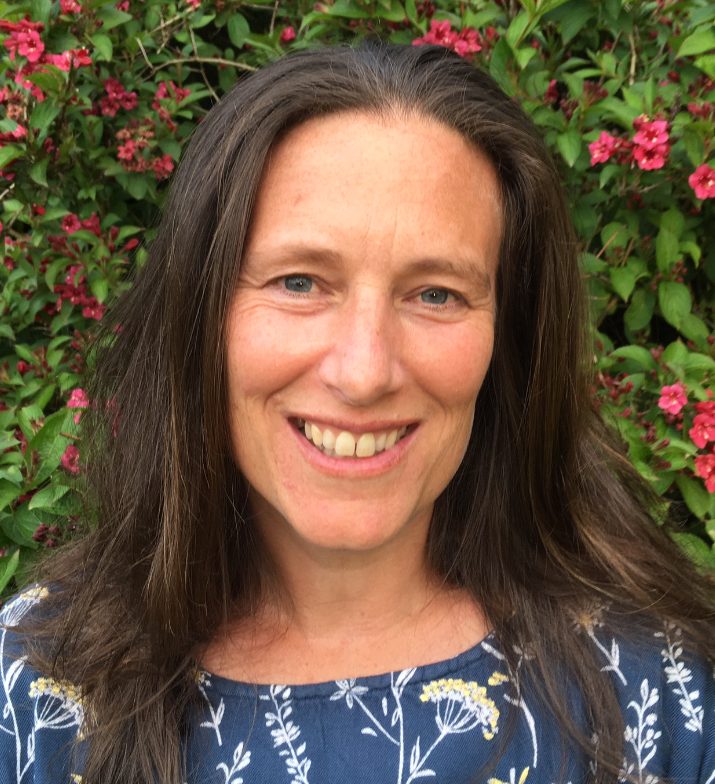Keeping people safe and Covid at bay during G7 is a unique public health challenge. Ensuring cases stay low and the public safe as thousands of people head down to Cornwall this summer is challenging enough. Factor in the arrival of world leaders, their delegations, the international press and numerous protesters for the G7 Summit this month and things become even more complicated. This is the task facing Cornwall Council’s director of public health Rachel Wigglesworth and her team – and luckily they’re more than up to the job.
Here Rachel gives an overview of the challenges associated with G7 and the work she and the public health team are doing to ensure we all stay as safe as possible this summer.
She said: “The G7 is a great opportunity for Cornwall, and world leaders to address the climate crisis and building back better after the pandemic. But of course, holding it during a pandemic comes with clear public health challenges and it is only natural that people will have concerns about this.
“I want to reassure residents that their health and safety will always be at the forefront of all planning around the event, and we will never make any compromises on this.
“Cornwall Council’s Public Health team is working very closely with the Cabinet Office, Devon & Cornwall Police, Public Health England (PHE) and the Department of Health and Social Care (DHSC) to make the summit as safe as possible.”
A range of measures and procedures will be used to make sure those visiting Cornwall as part of the G7 summit arrive Covid-free and stay that way throughout their stay.
“All attendees will need to provide a negative test result before they arrive and then will do daily testing with Lateral Flow Devices (LFD) whilst they are here,” said Rachel, who started in the role in March 2020 having forged a successful career with the likes of national homeless charity Shelter, Public Health England, NHS organisations, and public health teams across the South West.
“Anyone who tests positive or develops Covid symptoms will then have to self-isolate until they have one of the more sensitive PCR tests which will confirm the result. If the PCR test is positive, they must continue to self-isolate but if it’s negative, they can return to their roles.”
She added: “We will also have a robust programme of contact tracing to make sure anyone who has come into contact with a positive case self-isolates as quickly as possible. All positive cases will also be tested for variants of concern.”
Everyone will be under the same scrutiny when it comes to following the basic rules, and all will be expected to maintain social distancing where appropriate, wear face coverings, and stick to hand hygiene guidance.
While those travelling to England are not required to have vaccine passports, everyone will be urged to have their jab as soon as it is offered to them.
“We plan to minimise any health risks associated with the summit by this combination of regular testing, comprehensive contact tracing systems and asking people to comply with all of our Covid guidance,” added Rachel, who lives in North Cornwall with her family.
She is also keen to stress that residents, visitors and businesses are not being forgotten when it comes to public health planning.
“Everyone involved in the summit will be tested daily – that’s been agreed,” explained Rachel. “But at the same time there will be a big push to make sure our residents, visitors and businesses continue to take part in our established community testing programme and access their LFD test kits from pharmacies or one of the local testing sites. Confirmatory PCR tests will also be available to anyone in Cornwall who needs one.”
She also stressed that residents of the Carbis Bay and St Ives area are not being asked to do anything differently.
“What they do during the summit should be the same as what they do either side of the summit,” said Rachel.
“They need to follow all the public health guidance, get themselves vaccinated, do regular testing, self-isolate and get tested if they have any symptoms and remember ‘hands, face, space and fresh air’. These are the safest steps anyone can take to prevent themselves catching Covid.”
Rachel said discussions were ongoing with the Cabinet Office and other partners about the best way to keep everyone safe during the summit, and the risks of holding the event face-to-face were under constant review.
“The health and safety of local residents is of prime importance, and we are working closely with the Cabinet Office, PHE and DHSC to ensure that the public health risks are fully understood and a measured and an informed approach can be taken,” she said.
For more information about Covid19 including the latest public health guidance, please visit https://www.cornwall.gov.uk/health-and-social-care/information-about-coronavirus/
If you have questions relating to G7, please email G7cornwall@cornwall.gov.uk
